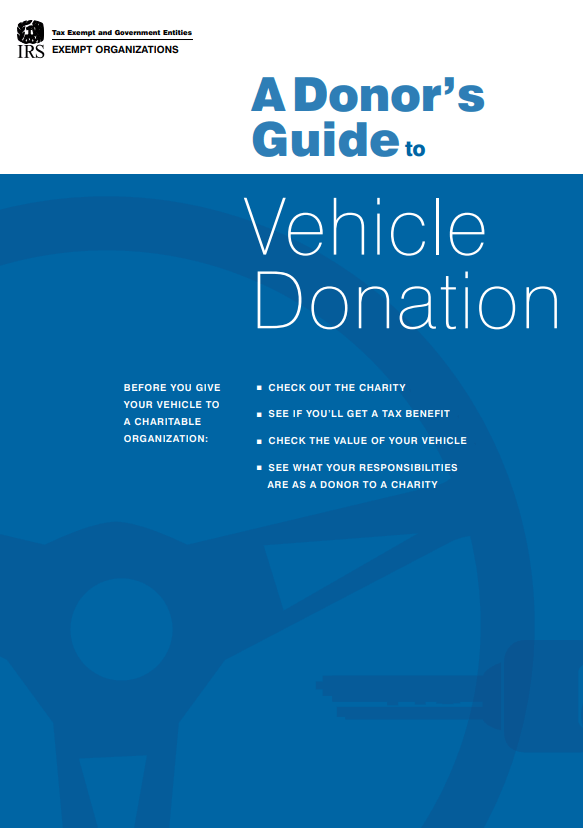Donating your car to charity has become an increasingly popular way for individuals to support their favorite causes while also enjoying potential tax benefits. In this comprehensive guide, we will walk you through the essential steps and considerations when donating your car for charity, with a focus on the keyword “donate your car for charity.”

How to Donate Your Car to Charity Effectively (PDF)
Researching Trustworthy Charities
The first step in the car donation process is to research and select a reputable charity that aligns with your values. Conduct due diligence by using resources like Give.org, which evaluates charities based on their adherence to the 501(c)3 standards, necessary for tax deductions. Ensure that the charity is a legitimate recipient by verifying its status on the official IRS website.
Asking Pertinent Questions
To make an informed decision, it’s crucial to ask relevant questions about how the charity plans to utilize your donated car. Inquire if they intend to auction it, provide it to someone in need, or use it for their operations. Understanding the charity’s plans for the vehicle will determine the tax implications of your donation. Additionally, inquire about the distribution of proceeds if the charity decides to sell the car.
Beware of Charity Scams
Amid the rise in the popularity of car donations, charity scams have also increased. Protect yourself by being cautious of unsolicited offers to donate your car. Instead, take a proactive approach by researching and selecting a reputable charity with a legitimate track record.
Completing Essential Paperwork
Properly completing the necessary paperwork is crucial to avoid any potential legal liabilities related to the donated car. Ensure that the car’s title is appropriately transferred to the charity’s name and refrain from leaving the ownership assignment blank. Diligently filling out all essential documents will safeguard your interests and protect you from unforeseen complications.
Reporting Your Donation to the IRS
After donating your car, it’s essential to report the donation to the IRS accurately. The amount you can claim on your tax forms will depend on how the charity utilizes the vehicle. If the charity sells the car, you can deduct the proceeds. Alternatively, if the charity uses the car for its programs, you can claim the fair market value of the car at the time of donation.
Conclusion
In conclusion, donating your car to charity can be a gratifying experience, benefiting both the charitable cause you support and your potential tax situation. By researching trustworthy charities, asking pertinent questions, being cautious of scams, completing paperwork diligently, and accurately reporting your donation to the IRS, you can ensure a seamless and impactful car donation process. So, if you have an old car to contribute, consider donating it to a reputable charity, using the keyword “donate your car for charity,” and make a lasting difference in the lives of those in need.

